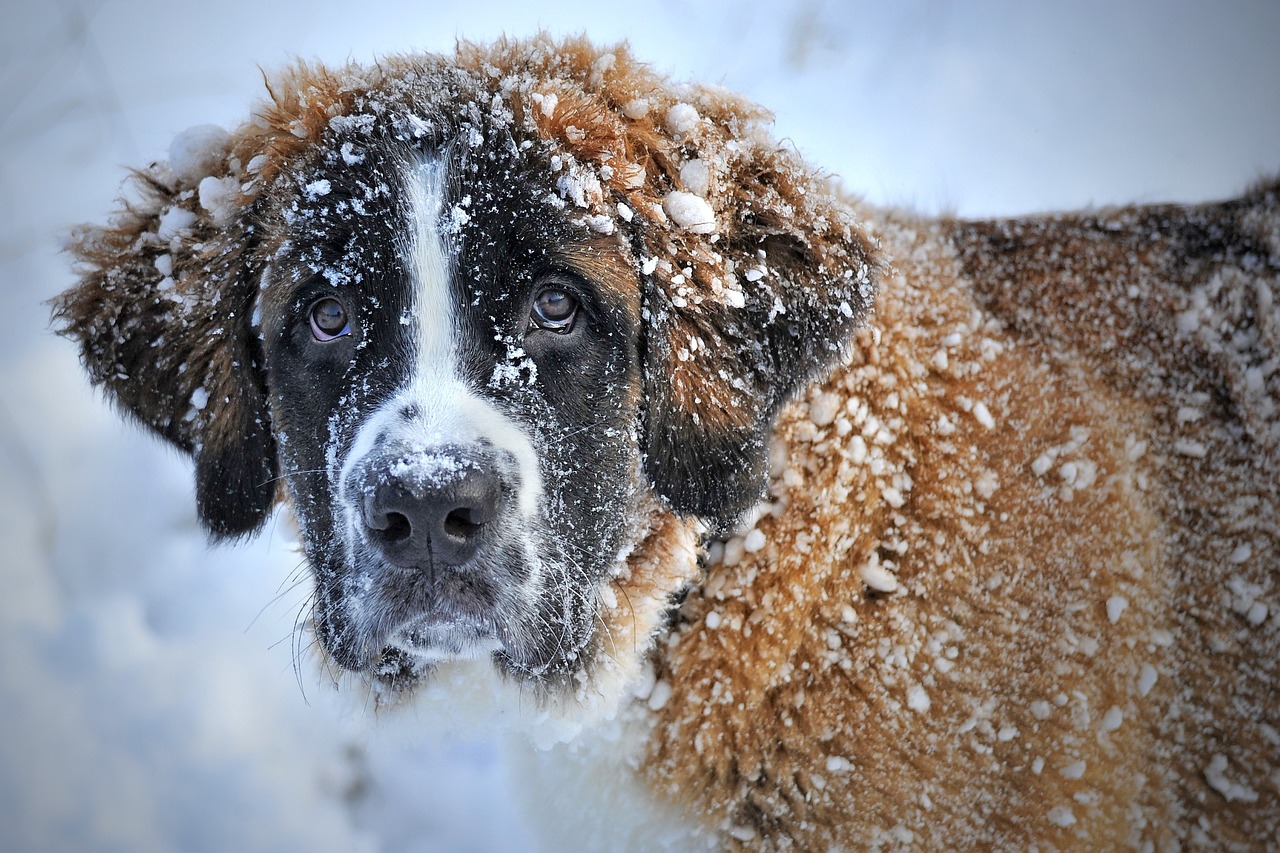
MARC JACOBS
Hutch Post
As temperatures drop and the first hard frost settles in, Hutchinson veterinarian Dr. John Austin of Hutchinson Small Animal Hospital is reminding pet owners to stay alert to seasonal changes that affect their pets’ health and safety.
Dr. Austin says many fall allergy issues will begin to ease now that cold weather has ended the production of pollen and seasonal plant allergens. However, he cautions pet owners to continue checking for fleas, which may surge briefly as the pests seek warm hosts before dying off in the freeze.
With winter approaching, Austin urges residents to be mindful of how long their pets—especially short-haired or indoor dogs—are left outside. Animals not acclimated to colder temperatures should only be outdoors briefly once true winter weather arrives.
Microchipping and collar ID tags remain important year-round. Austin noted that a visible phone number on a collar often gets a lost pet home faster than a microchip, which requires a veterinary clinic or shelter to scan.

At his clinic, Austin reports an increase in allergies, itching, and gastrointestinal issues, often tied to plants dropping seed pods, berries, and other irritants after an unusually rainy year. He advises pet owners to walk their yards to identify anything their animals could get into.
For homeowners treating lawns or spraying for insects, Austin warns to follow product instructions carefully. Recently, one pet became ill after ingesting residue from a sprayed area. “Insecticides affect the nervous system,” he said, emphasizing the need to keep pets away from treated spaces until fully dry.
Flea-control treatments for yards should be used cautiously, he added, noting that fleas generally hide in shaded, moist areas such as landscaping beds near homes rather than open grass.





